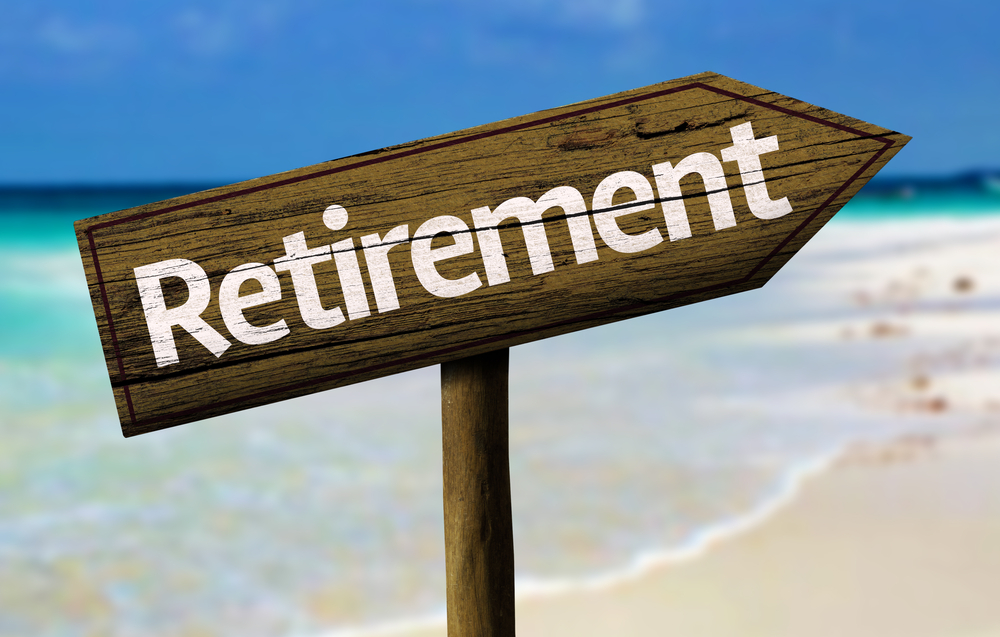
Former heavyweight champion George Foreman famously said, “The question isn’t at what age I want to retire, it’s at what income.” The FIRE community, with its focus on a single retirement number, often misses this subtlety.
The longer you take before you start withdrawing from your nest egg, the larger it gets and the shorter your remaining life. The larger your portfolio, the more of it that you can spend when you do start spending. If you are continuing to make contributions to it, it grows even faster and increases future spending even faster.
Social Security works in much the same way. The longer you wait to take it, the larger the benefit, and the more you add to it by continuing to work, the larger it gets.
Let me demonstrate.
How Retirement Income Grows with Time
First, let’s keep it really simple to demonstrate how this works. Let’s assume a doctor leaves residency at age 30, starts saving $50,000 per year, earns 5% real on it each year, and spends 4% of it once they retire. Now, let’s match retirement age to retirement income. The numbers in the table are in today’s dollars, as is the $50,000 contribution each year.

This is obviously somewhat simplistic. For one, it ignores Social Security, although a pretty good argument can be made that you should mostly ignore it if you are planning to retire much before age 55 or so. It also assumes constant returns. Obviously, most who make enough money to save $50,000 a year probably are not all that interested in retiring before age 40 or 45 on an income lower than what they save each year. More realistically, we’ll start looking at age 50. At age 50, this person can retire on $69,000 a year. That might not be your dream retirement, but if your home is paid off and you live simply, having more income than the median American household doesn’t sound too bad.
One More Year Syndrome
However, if you work just one more year, you can retire on $75,000 per year, a significant increase. Working five more years, to age 55, increases your retirement spending by 43%, to $100,000 per year. Working 10 more years, to age 60, doubles the amount you could spend than if you had retired at 50.
This is really the question most retirees face. Do I want to retire now on a certain amount or later on even more money? You don’t want to wait forever since the health and energy available for retirement activities eventually declines and since your hearse definitely will not have a trailer hitch. But you also don’t want to have to worry about money in retirement or have to miss out on those retirement dreams due to lack of funds. This requires a careful balance, and only you can decide the right time to pull the plug.
Working in Social Security
Some would argue that an early retiree should not use a 4% withdrawal rate. However, it’s important to also realize that each of our retirement withdrawal plans is at least partially backstopped by Social Security. Although healthy people should generally delay Social Security until age 70 to maximize its longevity insurance aspects, you can take it as early as age 62 if needed. The closer you are to age 62 when you retire, the more of a backstop it provides. You can simply spend a little more of your nest egg prior to starting Social Security, and then spend less of it later. There is also no rule that says you have to start Social Security when you retire; when you retire and when you start Social Security are two very different issues.
If it were added to the chart above, Social Security would not be available to those who retire in less than 10 years after residency, as they would not have earned enough “quarters” to get a benefit.
But anyone retiring after 40 should receive something as soon as they retire. The later you retire, the larger your Social Security benefit will be. Meanwhile, the earlier you retire, the smaller your nest egg will be, and on a relative basis, the more a Social Security benefit will contribute to your standard of living. Fifty thousand dollars of Social Security simply means more to someone otherwise spending $70,000 than it does to someone with $300,000 in annual spendable money.
Now, the ball is in your court. How much do you hate your job? Would you rather spend less in retirement so you can retire a year or two earlier? Or would you prefer to work a few more years to know that you have a much larger buffer and standard of living in your golden years? The choice is yours.





























